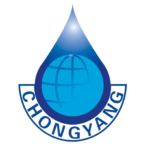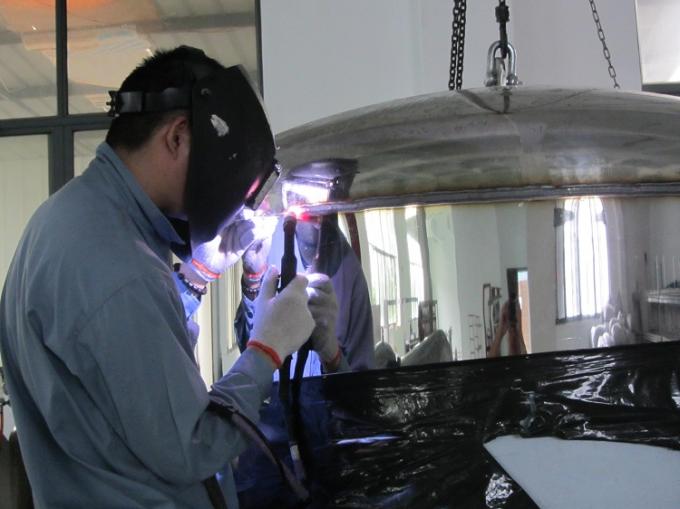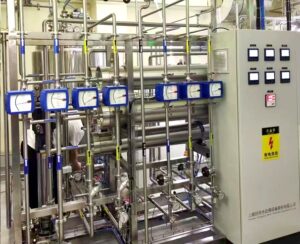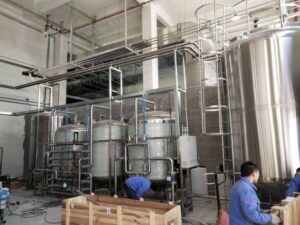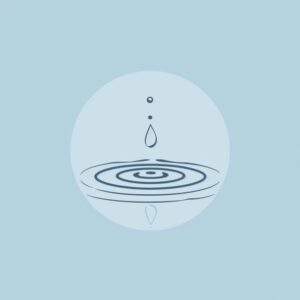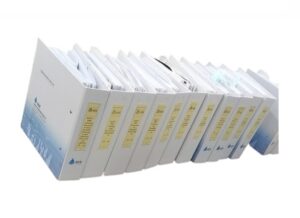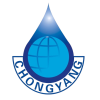Introduction
Welding plays a critical role in the construction of pharmaceutical water treatment equipment. Proper welding techniques are essential to ensure the integrity, cleanliness, and durability of the system. Adhering to stringent welding requirements helps prevent contamination, ensures compliance with industry standards, and maintains the high purity of the water produced. This article outlines the key welding requirements for pharmaceutical water treatment equipment.
1. Material Selection for Welding
1.1. Stainless Steel Grades
- 316L Stainless Steel: The most commonly used material in pharmaceutical water systems due to its excellent corrosion resistance and ease of cleaning.
- Material Certification: Ensure that all materials used are certified and meet the required standards, such as ASME BPE or FDA regulations.
1.2. High-Purity Alloys
- Corrosion Resistance: In certain applications, high-purity alloys may be required to enhance corrosion resistance and ensure long-term durability.
- Compatibility: Welding materials must be compatible with the base metals to avoid contamination and ensure a strong weld.
2. Hygienic Welding Techniques
2.1. Orbital Welding
- Precision and Consistency: Orbital welding is preferred in pharmaceutical applications due to its ability to produce high-quality, consistent welds with minimal human error.
- Clean Welds: This automated process ensures smooth, crevice-free welds that reduce the risk of bacterial growth and contamination.
2.2. Manual TIG Welding
- Skilled Welding: Tungsten Inert Gas (TIG) welding, when performed by skilled welders, provides excellent control and produces high-quality, hygienic welds.
- Post-Weld Treatment: Manual welds often require additional treatment, such as electropolishing, to achieve the desired surface finish.
3. Surface Finish and Weld Quality
3.1. Surface Roughness
- Smooth Finish: Welds should have a surface roughness of Ra ≤ 0.8 µm to prevent microbial adhesion and facilitate easy cleaning.
- Polishing Requirements: Post-weld polishing, including mechanical or electropolishing, may be necessary to achieve the required surface finish.
3.2. Weld Integrity
- Non-Destructive Testing (NDT): Techniques such as radiographic inspection, dye penetrant testing, and ultrasonic testing are used to verify the integrity of welds and detect any defects.
- Visual Inspection: Regular visual inspections ensure that welds are free from cracks, porosity, and other defects that could compromise system integrity.
4. Compliance with Industry Standards
4.1. ASME BPE Standards
- Hygienic Design: The ASME BPE standard provides guidelines for the design and fabrication of bioprocessing equipment, including detailed welding requirements.
- Documentation: Maintain detailed records of all welding procedures, materials used, and inspections to ensure traceability and compliance.
4.2. cGMP Compliance
- Good Manufacturing Practices: Welding processes must comply with cGMP standards, which require that equipment is designed and fabricated to prevent contamination and ensure easy cleaning.
- Validation and Qualification: All welding procedures should be validated and qualified to meet the stringent requirements of the pharmaceutical industry.
5. Weld Documentation and Traceability
5.1. Welding Procedure Specifications (WPS)
- Detailed Procedures: Develop and follow detailed Welding Procedure Specifications that outline the materials, techniques, and parameters to be used in welding.
- Approval and Validation: Ensure that all WPS are approved and validated according to industry standards before being implemented.
5.2. Weld Maps and Records
- Traceability: Maintain weld maps that document the location, type, and inspection results of each weld, ensuring full traceability throughout the equipment’s lifecycle.
- Inspection Reports: Keep comprehensive records of all inspections, including NDT results, to verify weld quality and compliance.
Conclusion
Adhering to stringent welding requirements is essential for the construction of pharmaceutical water treatment equipment. Proper material selection, hygienic welding techniques, compliance with industry standards, and thorough documentation are all critical to ensuring the integrity, cleanliness, and reliability of the system. By following these guidelines, manufacturers can produce equipment that meets the highest standards of quality and safety.
